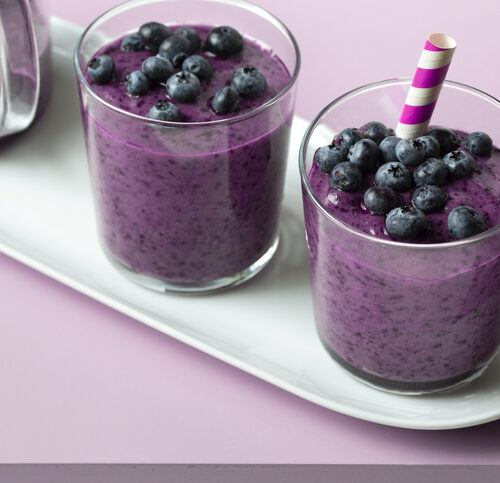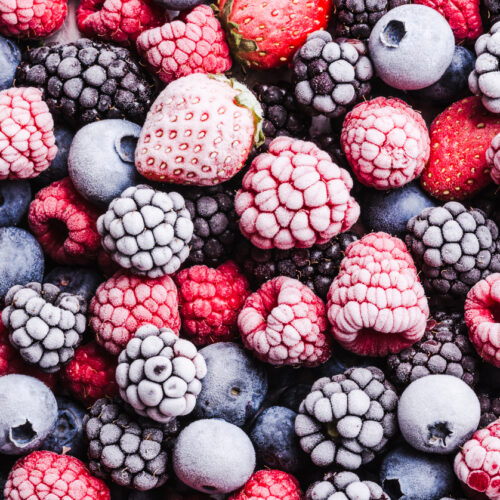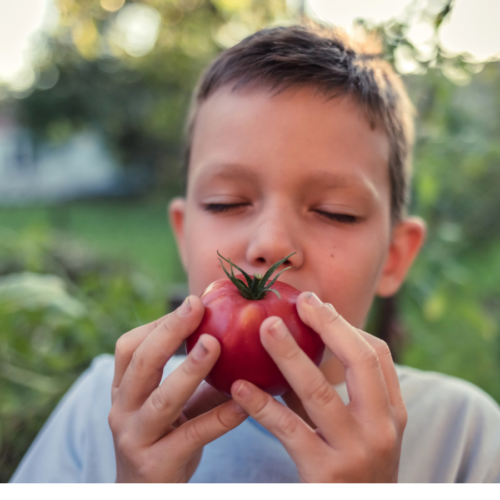
Q: "I have just become the proud owner of a vegetable juicer. There seems to be very little waste matter after the produce is juiced… am I getting enough fibre and goodness out of the vegetables having them this way? Or are they not a good substitute for the whole product?"
VictoriaA: Nutritionist Bronwen King responds:
"Fruit and vegetables are powerhouses of nutrients. As well as vitamins and minerals, they contain valuable fibre, both insoluble (the 'bulky' component) and soluble (found in the liquid). We want to get as much goodness from them as possible, so it's a good idea to prepare them in ways that maintain their nutrient value.
Juicing separates the liquid from the solid component. How the juicing is done will influence the nutrient value of the end product. Commercial fruit juices do not normally contain the bulky insoluble fibre that fills us up and promotes healthy bowel movements. In essence they are not much different from other sweetened drinks (they contain more vitamins but just as much sugar) so are not recommended for consumption on a regular basis.
If you leave the skins on before use, juices produced as you have described, ie. with very little residue discarded, should have most of the soluble fibre and insoluble fibre retained. If you enjoy them they are a good way of adding to your fruit and vegetable intake."
www.healthyfood.com











